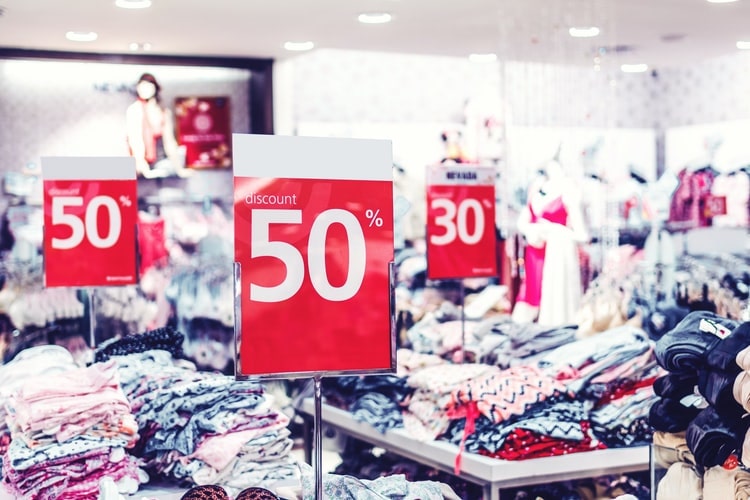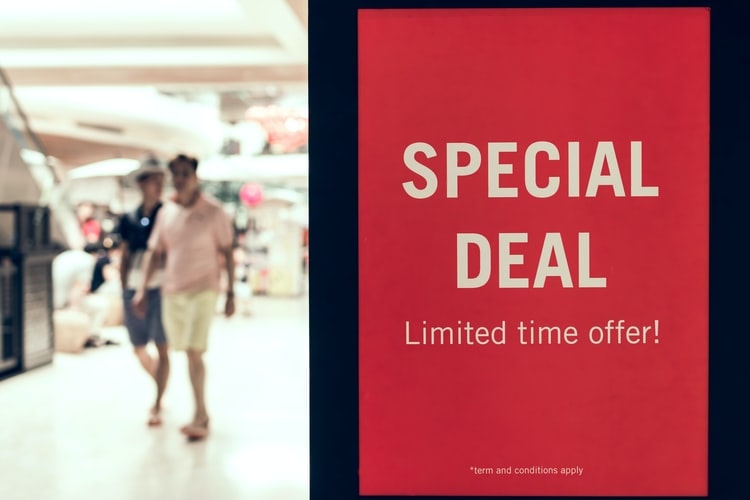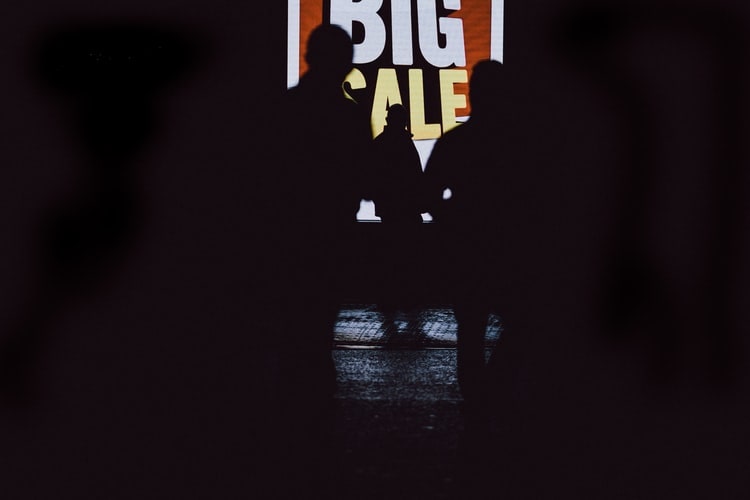Psychology is a separate entity in digital marketing that directly impacts consumer behaviour. It is essential in identifying the appropriate strategy in capturing your target market’s attention. Psychology plays a great role in ensuring an effective digital marketing scheme.
The cutthroat competition in the world of e-Commerce led digital marketers to innovate and formulate new ideas to set their brand apart from the rest. Extensive evaluation of what the market wants, needs, and preference through meticulous scrutiny of the psychological reason behind such behaviours will guide marketers in designing a marketing scheme on par with the data gathered. Hence, instilling psychology in your digital marketing tactics is one way to birth a new digital culture.
Psychology and Consumer Behaviour
An American psychologist, Dr John B. Watson was one of the few to embark on the classical conditioning responses of human behaviour. The intensive psychological research he conducted showed results that could be relevant to advertising. Using psychology as part of the marketing structure of the brand directly affects how consumers react to a certain ad, colours, design, and taglines.
The target market’s demographic is important in determining preferences, needs, and wants. The infusion of psychology in digital marketing is of great advantage in taking the right path in promoting a certain product or brand. Becoming one of the major players in your industry will require the thorough utilisation of psychology to determine consumer behaviour.

GOLDSTEIN, CIALDINI AND GRISKEVICIUS: Relating To Your Consumers
“A Room with a Viewpoint”, a marketing scheme used by Goldstein, Cialdini, and Griskevicius. They took advantage of the social norms to induce new environmental behaviour in hotels. Creating a culture within your vicinity that directly relates to the current situation of consumers will spark conformity to the norm.
These psychologists wanted to promote reusing towels. Thus, besides every hotel room towels, three messages were relayed:
- Help Save The Environment
- “75% of Hotel Guests in this Hotel Reuse Their Towels”
- “75% of Hotel Guests in this Room Reuse Their Towels”
Such strong messages resulted in a 15% increase in the hotel’s guests who are reusing their towels. Relating to your consumer’s personal issues is crucial in ensuring the effectiveness of your marketing efforts. Hence, strategically communicate to your consumers that will inspire them to act on it.
FREEDMAN AND FRASER: A Reasonable Request
Freedman and Fraser did an experiment on “Compliance Without Pressure”. They went to a neighbourhood in Palo Alto and knocked on every door introducing themselves as a non-profit organisation. Freedman and Fraser requested residents to display an invasive billboard with a message to passers-by to “Drive Safely”.
However, only 17% of homeowners agreed to such requests that led the two psychologists to formulate another strategy. Freedman and Fraser went to the same neighbourhood and made a different and more reasonable request. They asked the residents to: sign a petition and display a three-inch sticker relaying the same message.
A large number of people agreed to their less intrusive request and considered the campaign a success. After a few weeks, Freedman and Fraser returned to the neighbourhood and tried to convince the residents regarding the huge billboards and 76% of those who agreed to their small request also agreed to display the billboard.
Starting small is a more effective way to increase conversion rates. At first glance, consumers can feel pressured if the request is beyond their liking. However, if you start with a small and simple gesture to gain their trust and gradually work your way up, conversion rates will be higher.
KAHNEMAN AND TVERSKY: Crucial Framing
How you present yourself to the world creates an impression, a lasting impression for that matter. On a different note, how you present your ad or marketing scheme to your consumers can also directly affect their purchase behaviour. Thus, if you are given two options to save on your purchase, how would you choose?
- £113.50 for the outdoor jacket, £23 for the tripod
- £125 for the outdoor jacket, 50% off the tripod at £11.50
In this study, 68% of the respondents opt for the tripod due to the 50% off attached to it, while only 29% was convinced to buy the jacket. Despite both options offer the same deal to customers, the framing of the ad played a great role in identifying consumer preference, behaviour, and reaction to the promotion.

Other Psychological Marketing Strategies
- The Psychology of Colour
- Reciprocity (returning favours)
- Scarcity (fear of missing out)
- Implicit Egotism (mimicking language and tone)
- Sense of Belonging
- Persuasion Structure (leading the order and flow)
The fusion of psychology and marketing is a prerequisite in every successful business stories. Targeting your consumer’s innermost desires can effectively result in higher lead generation. Thus, in the gilt-edge digital marketing competition, set your brand apart from the rest and instil psychology in your marketing strategies. Save time, money, and effort while garnering more sales through psychology.



